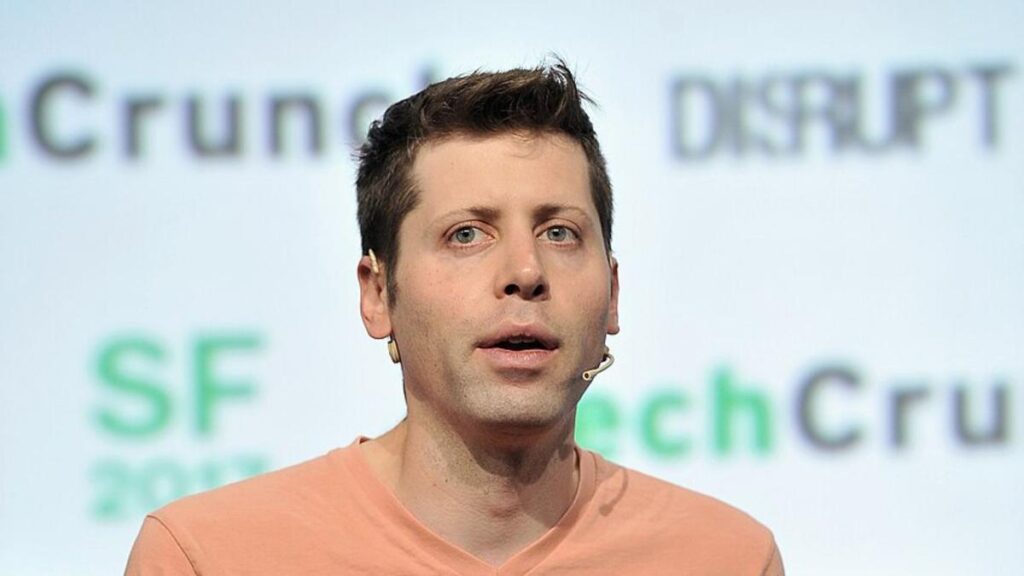An Openresearch study, backed by Sam Altman, found that UBI recipients in Texas and Illinois primarily used their $1,000 monthly stipend to cover basic needs like food, transportation, and rent.

Openresearch, an investigative lab that includes Openai’s founder and CEO Sam Altman on its board, has published the findings of a study that aimed to determine the impact of providing a Universal Basic Income (UBI) stipend to Americans nationwide.
The initial phase of the study, which involved the distribution of a $1,000 monthly cash allowance to 3,000 participants in Texas and Illinois, suggests that the funds are primarily utilized to meet the basic requirements of the recipients.
UBI payments enabled beneficiaries to allocate an additional $310 per month, as indicated by Openresearch’s portal. Most of this money was allocated to three critical categories: transportation, food and beverages, and rent. Beneficiaries with lesser incomes exhibited this behavior to a greater extent.
The receipt of UBI cash transfers also resulted in an increase in philanthropic expenditure, which refers to allocating funds to assist others.
According to the investigation, individuals in the program expended 22% more on this objective than those in the control group. This category encompassed “expenditures on charitable contributions, loans to others, gifts to friends and family, and alimony payments.”
The organizations asserted that the UBI honorarium had a positive impact on the lives of those in the vicinity of the beneficiaries, resulting in a ripple effect.
Additionally, the consequences of these financial transfers enabled recipients to alleviate the previous obligation to assist relatives with economic difficulties.
Altman has expressed concern regarding the potential impact of artificial intelligence (AI) on the global economy, asserting that it has the potential to alter the “social contract” of contemporary society.
Although he has expressed his endorsement of conventional UBI experiments, in May, he evaluated the possibility of future UBI being distributed in the form of computing power that recipients could either use or distribute. He referred to this as “universal basic compute.”
